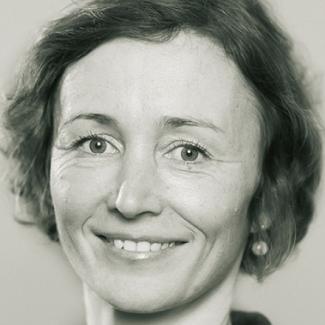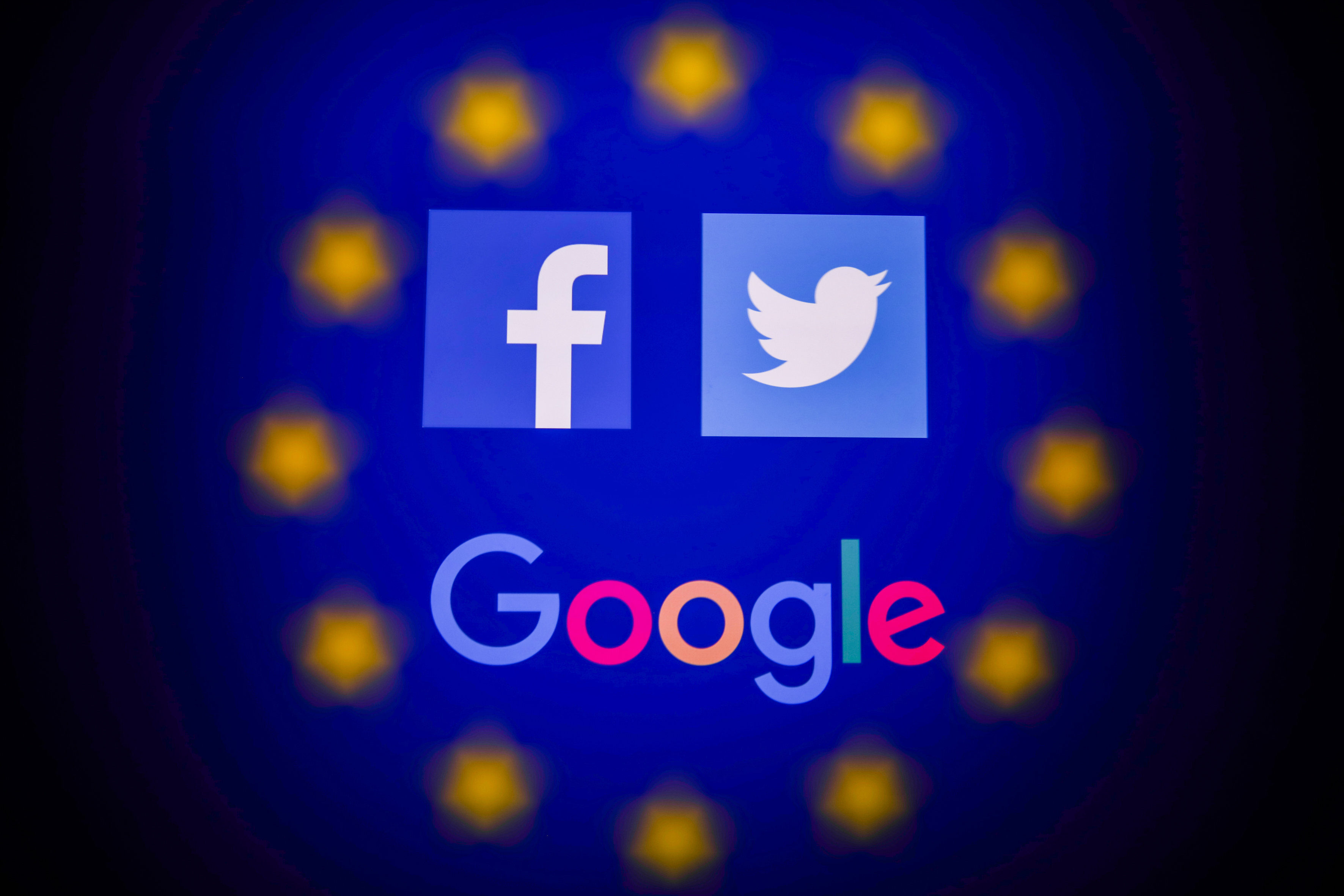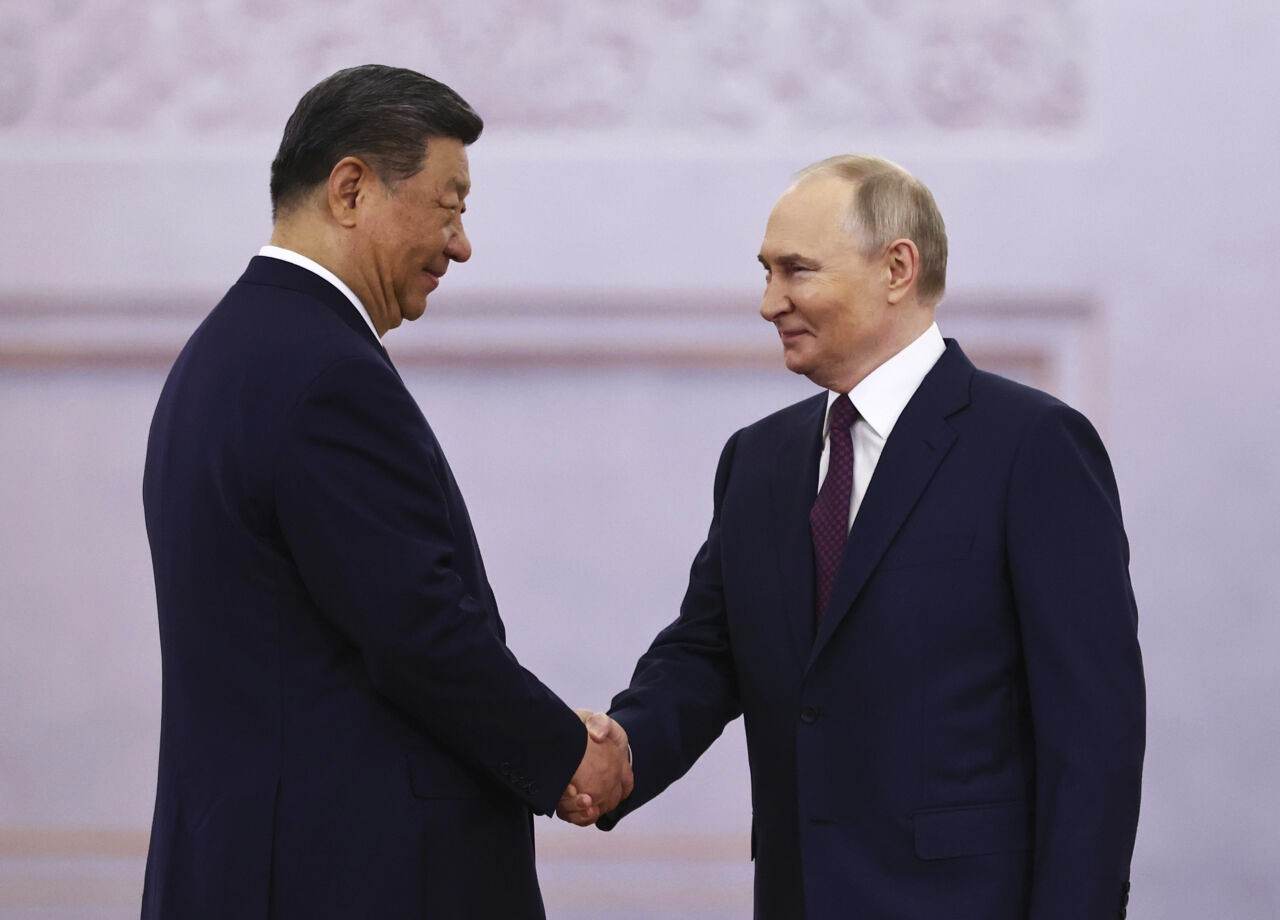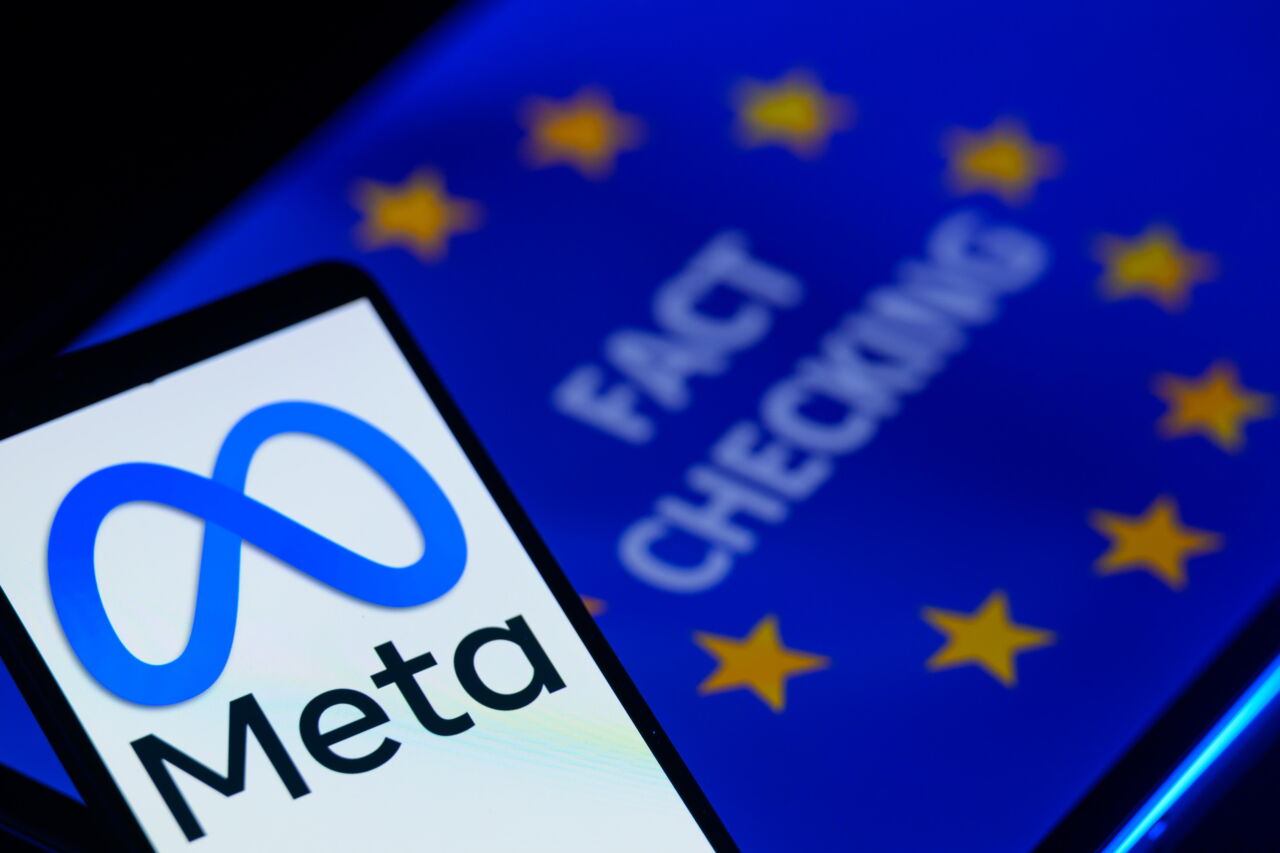World information order
Hold those who lie online responsible

Global systems of knowledge production and knowledge distribution are biased. High-income nations have long shaped the internationally accepted standards:
- of knowledge production,
- of quality assurance and
- of expression (including publishing conventions).
Some of the best-equipped and most renowned academic institutions continue to be located in North America, Europe and Australia. Moreover, scholars from these institutions have easier access to some of the most influential international mass media, so scholars and journalists based in North America and Europe have substantially more scope for shaping global debate. That has a bearing on whether a global challenge gets international or only regional attention. In short: we continue to live in a biased world information order. One example is the climate crisis. Societies in countries along the equator and whose livelihood systems heavily rely on the environment, on agricultural and fishing seasons, are affected to a substantially higher degree. And yet, concerns are only heard to a limited degree and (too?) late by those largely responsible for global heating.
In the 1970s and 1980s, UNESCO tried to tackle related issues prevalent at the time. However, attempts to introduce what was called the “New World Information and Communication Order” did not deliver satisfying results. Knowledge production and knowledge distribution mostly remained the privilege of high-income nations. They benefited from the fact that information generated and spread was diverse enough to have some claim to pluralism – though not to equal global representation. It was also sufficiently evidence-based to withstand fact checking. The existing world information order had serious flaws, but government-controlled research institutions and media from the Soviet Union and other one-party regimes could not challenge the west with equal credibility.
After the fall of the Berlin Wall, the topic of the world information order did not get much international attention. That is no longer so. In spite of shared global agendas – consider, for example, UN sustainable development goals – the global polity looks increasingly fragmented. Compounding the problems, right-wing populism (which typically promotes plutocratic interests) is threatening democracy in many countries, very much including high-income countries.
Driving public attention
Global systems of knowledge distribution, moreover, have changed dramatically. Today, social-media platforms matter very much. To a considerable extent, they drive public attention and international debate.
Unfortunately, they are not fit for purpose. Yes, they do help persons with highly developed media literacy to keep track of new developments. But others are at risk of falling prey to propaganda or ‘fake news’. To use social media well, one must know how to tell a reliable from an unreliable source and also be able to do some basic fact checking.
Conventional media do not always perform their roles as gatekeepers and agenda setters well, but at least they normally try to rise to their responsibility. They do so because public trust is essential for their business model long term and because national media laws make them liable for information they publish. In comparison, what is happening on social-media platforms is geared to the short term and largely lawless. Accounts can be fake, information can be fake, and the platform owners are only liable to a very limited extent.
It also matters that social-media platforms are designed to facilitate interaction between individuals, so they do not lend themselves easily to institutions. While various individual scholars and journalists have large followerships on social-media platforms, academic institutions and media houses perform less well. At the same time, dubious influencers without any professional credentials also attract large numbers of followers. Anyone who wants to spread lies is free to invent fake accounts and invent items that fit propaganda narratives. The Russia-based Internet Research Agency is known to have done so at an industrial scale.
Reliable facts and data
A democratic public sphere needs uncensored information and freedom of opinion based on reliable facts and data. Debate must neither be controlled by the government nor distorted by special interests.
Social-media platforms, unfortunately, are less open than they seem at first glance. They are owned by oligopolistic enterprises. Oligopolistic structures always emerge when a certain good or service depends on a network. Corporate interests matter very much, even though platforms make users believe that their algorithms are only trained to fulfil users’ wishes. The full truth, of course, is that algorithms also reflect owners’ preferences. It is certainly no coincidence that criticism of social-media platforms is hardly promoted. Moreover, algorithms respond to paid advertising and not only to users’ habits.
They even change users’ habits in the sense of keeping them on a specific platform rather than helping them access more profound information elsewhere. Stoking outrage serves that purpose. To keep people glued to the screen, social-media platforms continuously supply users with narratives they appreciate, without much regard for facts and evidence. Psychologists warn that the constant buzz of excitement can make platforms addictive. Evidence shows, moreover, that individual users have been radicalised by increasingly extreme content of a similar nature.
In high-income countries, regulation remains quite weak. In the USA, the platforms basically decide to what extent they want to moderate content themselves. In the EU, they must take down hate speech within 24 hours of being informed of offensive posts. In both jurisdictions, it is perfectly legal to spread lies that undermine democracy anonymously.
As is typical of our unequal world, problems are even more serious in countries with weak capacities. Major social-media platforms do not do content moderation in African and Asian languages. Even Spanish gets less attention than English. Governments with authoritarian leanings, moreover, have a tendency of either banning social-media platforms or pressing them into serving their purposes. Users’ rights are often disregarded. Though TikTok is Chinese owned and Telegram was created by Russians and is now based in Dubai, these platforms do not provide a counterweight to Facebook, Twitter or Instagram. In this regard, they are as useless as the Soviet news agency TASS was as a counterweight to AP and Reuters in the 1980s.
Promote democracy
Democracy is under attack around the world. Social-media platforms are contributing to this problem. We need something like a human right to reliable information. As the history of UNESCO’s New World Information and Communications Order shows, such a right cannot be expected to be introduced fast. History also shows that what looks utopian now may become normal in the future. The idea is worth pursuing.
In the meantime, governments that claim to promote democracy must not leave social-media platforms to themselves. At very least, they must pass and enforce liability rules at the national level and, whenever possible, at supranational levels too. EU regulations sometimes become international standards. Indeed, its new Digital Services Act (DSA) tackles some of the problems, though it does not include full liability and has no stringent rules regarding platforms’ potentially radicalising content moderation. It is complex regulation, the full impact of which will depend on judicial interpretations, moreover.
In any case, donor governments should support partner countries in attempts to prudently regulate the cyber sphere. Developing capacities in research and media, particularly in low-income countries, remain essential too.
If we want the SDG agenda to succeed, we need societies around the world to understand the global challenges we are facing. In other words, we must stem distorting fake-news propaganda. Those who agitate against minorities, downplay the threats of climate change and fear-monger with conspiracy theories are not harmlessly using their freedom of speech, but undermining the future of humankind. They must be made to reveal their identity and held accountable for the harm they cause. Moreover, there is a need to develop strategies for countering fake-news propaganda that keeps entrenching dangerous narratives deeper.
It is equally important that democratic governments reconsider their own media-outreach strategies. To a large extent, they seem to be using social media naively. They must ask themselves whether their presence on any particular social-media platform adds an undeserved legitimacy to that platform and whether that outweighs the intended impact their presence has. Our species needs global solutions for global problems – and right-wing populism opposes the very idea of global solutions.
Hans Dembowski is the editor-in-chief of D+C/E+Z. He drafted the manuscript after a long conversation.
euz.editor@dandc.eu
Anna-Katharina Hornidge is the director of IDOS, the German Institute of Development and Sustainability.
https://twitter.com/annak_hornidge















